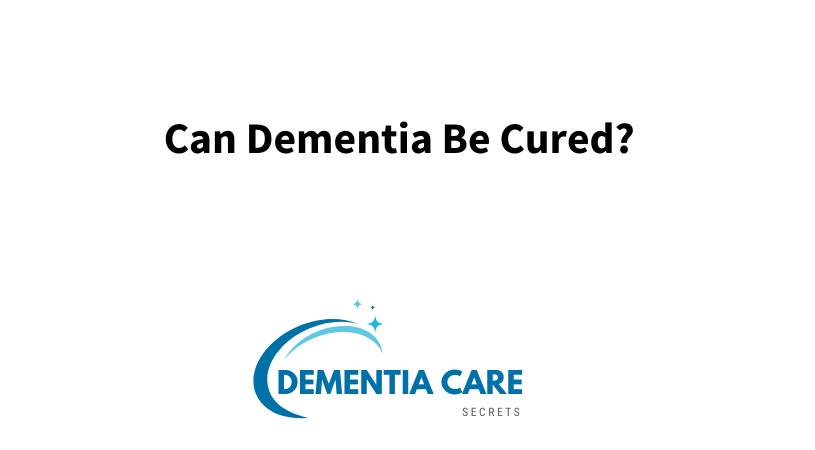Can Dementia Be Cured?

In this podcast episode, the host, Diane Carbo, delves into the topic of whether dementia can be cured. She begins by highlighting the prevalence of dementia, affecting over 55 million people worldwide, and the ongoing challenges in finding a cure, especially with millions of new cases being diagnosed each year.
Carbo explains that dementia encompasses various types, all characterized by progressive brain cell damage leading to symptoms affecting memory, communication, personality, mood, and self-control. While no cure is on the horizon, there have been advancements in treatment options that can slow the progression of cognitive decline and temporarily manage symptoms.
The podcast focuses on the concept of reversible dementias, conditions like urinary tract infections or certain medications that can induce dementia-like symptoms. Early diagnosis and proper treatment of these underlying causes can reverse the symptoms, though it's essential to clarify that this doesn't constitute a cure for dementia itself.
Carbo discusses ongoing research efforts in the field, exploring various treatments such as immunotherapy, stem cell therapy, and gene-based therapies. However, she emphasizes that these therapies are not currently available, and it's too early to determine if any of them will provide a cure for dementia.
The episode also provides valuable insights into lifestyle choices and preventive measures to lower the risk of developing dementia. These include staying physically active, maintaining a balanced diet, getting sufficient sleep, staying socially engaged, and engaging in mentally stimulating activities. Carbo also highlights the role of genetics, family history, and certain conditions like diabetes and atherosclerosis in increasing dementia risk.
In conclusion, the podcast underscores the lack of a definitive cure for dementia but emphasizes the importance of awareness and adopting a healthy lifestyle to reduce the risk of developing this condition. It also acknowledges ongoing research aimed at finding effective treatments and prevention strategies for dementia in the future.





